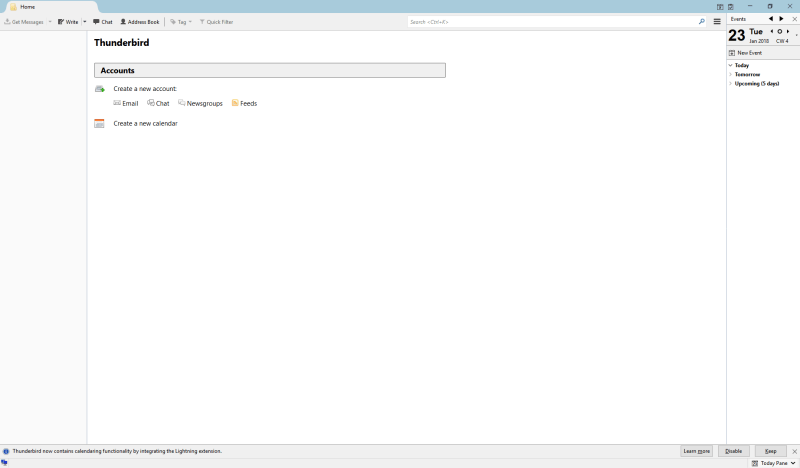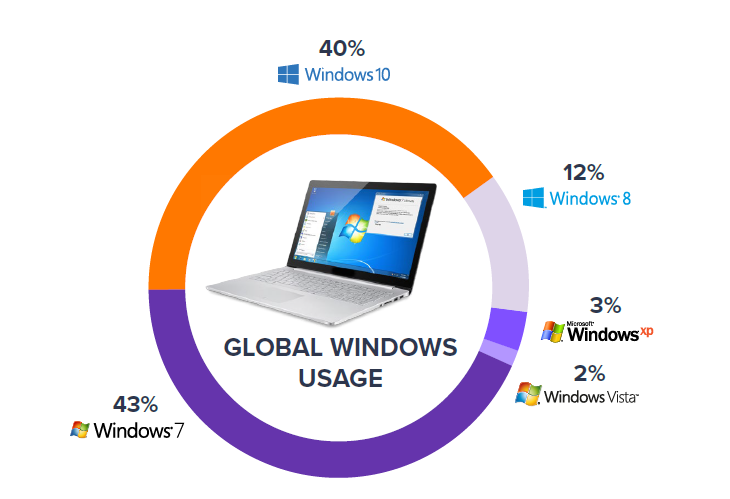


There are two primary reasons for the Red Hat Enterprise Linux distribution using the upstream ESR release as opposed to the faster-moving Standard Firefox release: That's also a window for us to rebase Firefox in all versions of Red Hat Enterprise Linux. Mozilla releases updates of the previous ESR for another 3 months to give organizations time to upgrade to the latest ESR. Upstream LifecycleĪ new major version of Firefox ESR is released roughly once a year and gets security/bug fix releases every 4 weeks. This longer-lived release stream is available within the supported Red Hat Enterprise Linux releases. It provides a stable and predictable platform for enterprise web applications. Firefox Extended Support Release (ESR)Ī new version is released once a year, during the year Mozilla provides security and bug fixing releases every 4 weeks. This is the release stream which is available within the Fedora Project. Newer versions are released every 4 weeks, constantly introducing new features, ideal for home users and progressive web applications developers. Mozilla ships Firefox and Thunderbird in two different streams with different use cases. The following overview also applies to Thunderbird. Firefox is the default and only supported web browser in Red Hat Enterprise Linux.


 0 kommentar(er)
0 kommentar(er)
